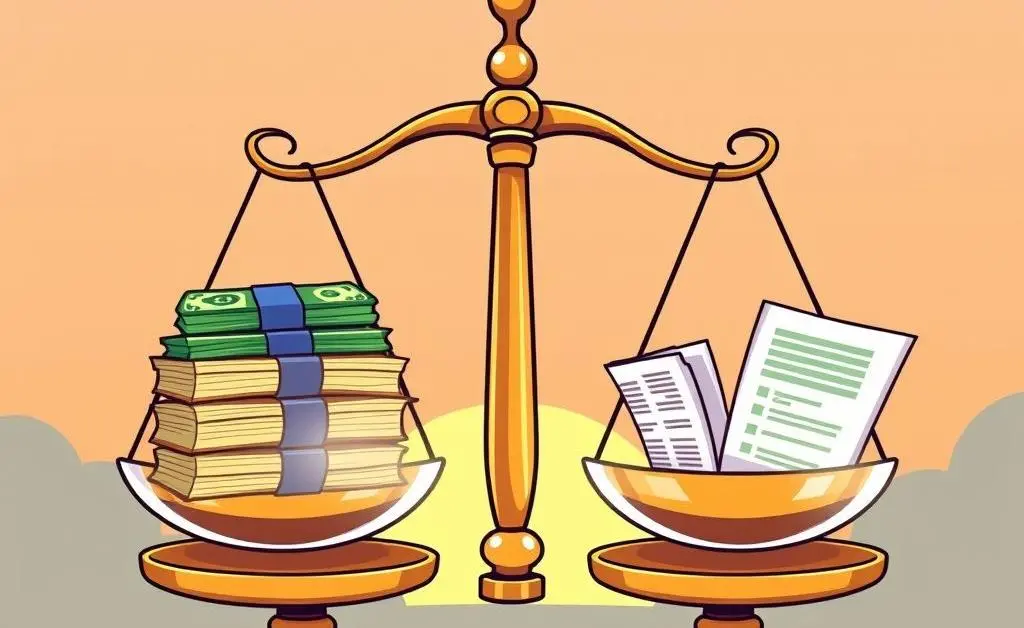Understanding the Importance of Central Bank Independence in Today's Economy
Explore why central bank independence is crucial for a stable economy in uncertain times.

Hey there, friend! Today, we're diving into a topic that's both fascinating and crucial for our economic well-being: the independence of central banks. You might be wondering, 'Why does it matter if a central bank operates independently?' Well, stick around because we're about to explore how this independence affects everything from inflation to your wallet.
What is Central Bank Independence?
Central bank independence basically means that governmental institutions have a limited role in the day-to-day operations and decision-making processes of the bank. This separation is intended to keep political influences at bay, ensuring that economic policies are driven by economic indicators rather than political agendas.

Why is Central Bank Independence Important?
Let's talk about stability. An independent central bank can pursue monetary policies aimed purely at stabilizing the economy, like controlling inflation and keeping unemployment low. They're in a unique position to make decisions that are often unpopular in the short term but necessary for long-term economic health.
Think of them as the calm chess player in an intense match, moving pieces according to strategy rather than emotion. With independence, they're less likely to be swayed by political pressures to, say, lower interest rates for short-term gains that could lead to inflation.
How Does This Affect You?
Great question! When a central bank is independent, there's often more confidence in its ability to manage things like inflation rates, which can affect everything from the cost of your groceries to the interest rates on loans. Imagine living in an economy where prices are predictably stable—sounds peaceful, right?
The Risk of Political Influence
The risk of losing central bank independence is significant. Political motivations could lead to decisions aimed at short-term economic boosts for electoral gains rather than long-term stability. Such moves could inflate bubbles in markets or result in erratic interest rate changes.

Real-world Examples
Take a look at countries where central banks operate independently, and you'll usually find lower levels of inflation and a steadier economic growth pattern compared to those where central banks are subjected to political winds.
What's Next for Central Bank Independence?
With economic uncertainties looming, ensuring central banks remain insulated from political pressures is ever more important. It will require collective vigilance and understanding from both policymakers and the public.

Conclusion
While the topic of central bank independence may seem abstract, it's a cornerstone of economic health. Understanding its importance empowers us as participants in the economy. What do you think—should there be more education about this topic in our schools? How can citizens influence these institutions? Let's chat in the comments!




